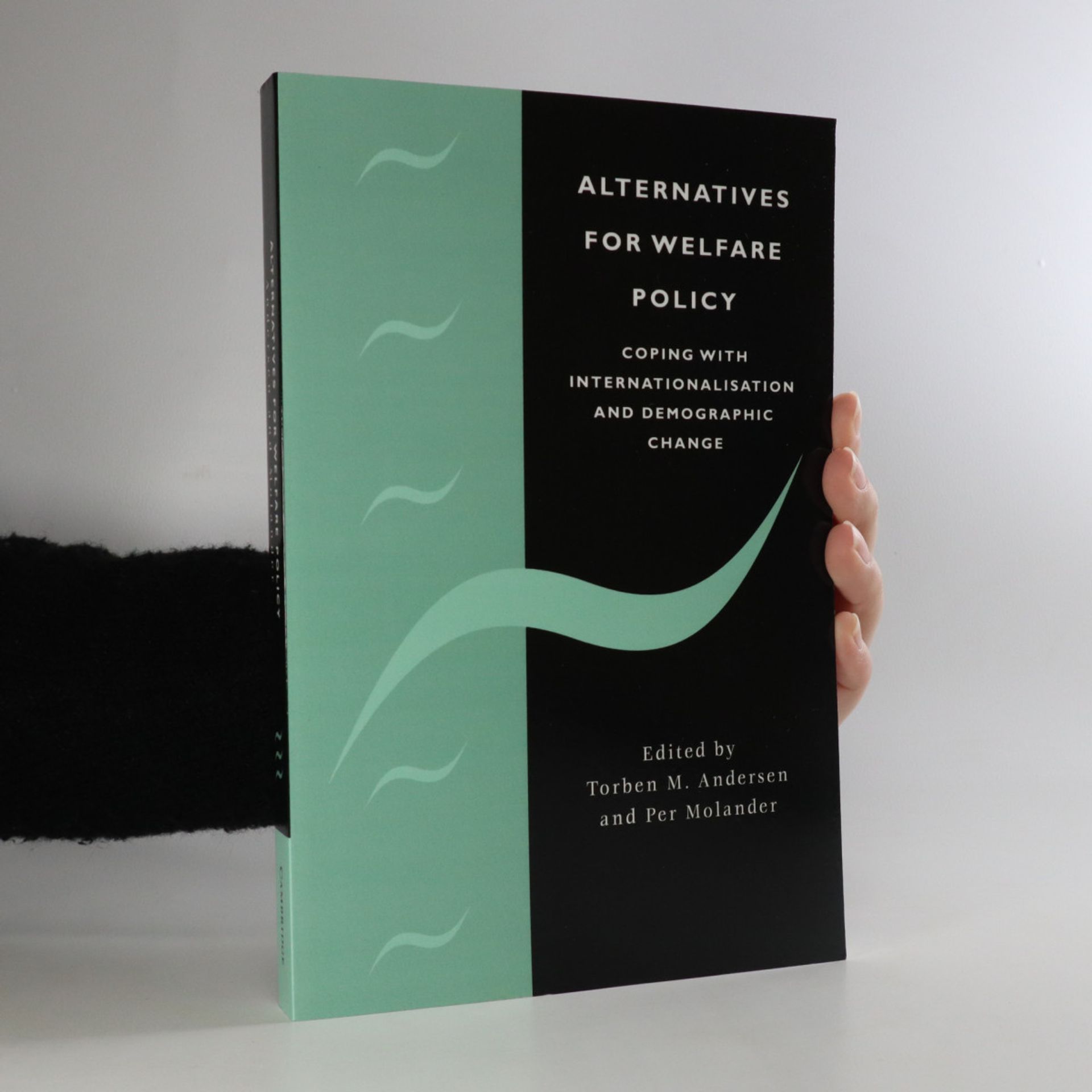Als Virginia Woolf 1931 ihren Roman The Waves veröffentlichte, stellte sie die bestehende (literarische) Ordnung ebenso in Frage wie Albert Einstein mit seiner ein Jahrzehnt zuvor veröffentlichten Relativitätstheorie die klassische Physik. „Die Parallelen zwischen der Verwendung von Metaphern in der Literatur und in der Wissenschaft sind zahlreich und keineswegs trivial“, schreibt Per Molander in diesem Essay, in dem er faszinierende Analogien zwischen Romanexperimenten des frühen 20. Jahrhunderts und der modernen Physik aufzeigt. Sein Buch bewegt sich zwischen Virginia Woolfs zielstrebigem Streben nach einer Wirklichkeit, die den ganzen Menschen umfasst, und den Bemühungen der Physiker um eine Wirklichkeitsdarstellung, die der Komplexität der äußeren Welt Rechnung trägt. In beiden Fällen war das Ergebnis paradoxerweise ein verstärktes Gefühl der Unsicherheit in einer Welt ohne Halt.
Per Molander Book order (chronological)





Exploring the roots of inequality, this book integrates insights from various fields, including human development and social dynamics, to argue that inequality is a natural outcome of individual and social interactions. It challenges the notion that inequality is a deviation from an egalitarian ideal, suggesting instead that it is an inherent aspect of human existence. Moreover, the author emphasizes that while inequality is expected, its growth is not inevitable and can be influenced by collective choices, offering significant implications for political philosophy and public policy.
Die Ideale der Aufklärung werden oft in der Parole der Französischen Revolution, "Freiheit, Gleichheit, Brüderlichkeit", zusammengefasst. Dieser Wortlaut kommt uns heute ein wenig unzeitgemäß vor. "Freiheit" ist von der politischen Rechten beschlagnahmt und wird in diesen Kreisen zumeist auf "ökonomische Freiheit" reduziert. "Brüderlichkeit" schließt die weibliche Hälfte der Bevölkerung aus. Eine modernisierte Version der Parole wäre "Rationalität, Gleichheit, Demokratie". "Rationalität" bezeichnet das Recht, im Prinzip alles in Frage zu stellen - philosophische und religiöse Dogmen, gesellschaftliche Institutionen -, und bewahrt damit die breitere Bedeutung des Freiheitsbegriffes. "Demokratie" umfasst im weiteren Sinne allgemeine und gleiche Wahlen, Gleichheit vor dem Gesetz, Gleichstellung von Frauen und Männern, Freiheit der Presse und andere Aspekte der liberalen Demokratie. Wenn wir diese Definition als Ausgangspunkt nehmen, wie steht es dann heute um die Ideale der Aufklärung?
Die Anatomie der Ungleichheit
Woher sie kommt und wie wir sie beherrschen können
- 217 pages
- 8 hours of reading
Sprengstoff Ungleichheit Ungleiche Verhältnisse entwickeln sich in jeder Gesellschaft, unabhängig von den Fähigkeiten und dem Arbeitswillen der Menschen, sagt der Mathematiker Per Molander. Ungleichheit ist natürlich – aber sie ist kein Naturgesetz und kann mit den richtigen politischen Maßnahmen überwunden werden. Wissenschaftlich fundiert und mit vielen anschaulichen Beispielen eröffnet Molander eine ganz neue Perspektive auf eines der weltweit größten Probleme und zeigt auch Lösungswege. Denn handeln wir nicht, geht die Schere zwischen Arm und Reich zwangsläufig immer weiter auseinander, was schließlich zum Verlust jeglichen Vertrauens innerhalb der Gesellschaft führt – zum Schaden aller.
Alternatives for Welfare Policy
- 395 pages
- 14 hours of reading
This comprehensive survey of key welfare policy issues, in an age of globalization and ageing populations, draws on comparative OECD data and case studies from Scandinavia. Torben Andersen and Per Molander provide a forceful analysis of the main challenges to the traditional public sector welfare state and explore the principal policy options open to governments in advanced economies. They assess the advantages and disadvantages of alternative welfare regimes with less reliance on public sector involvement.